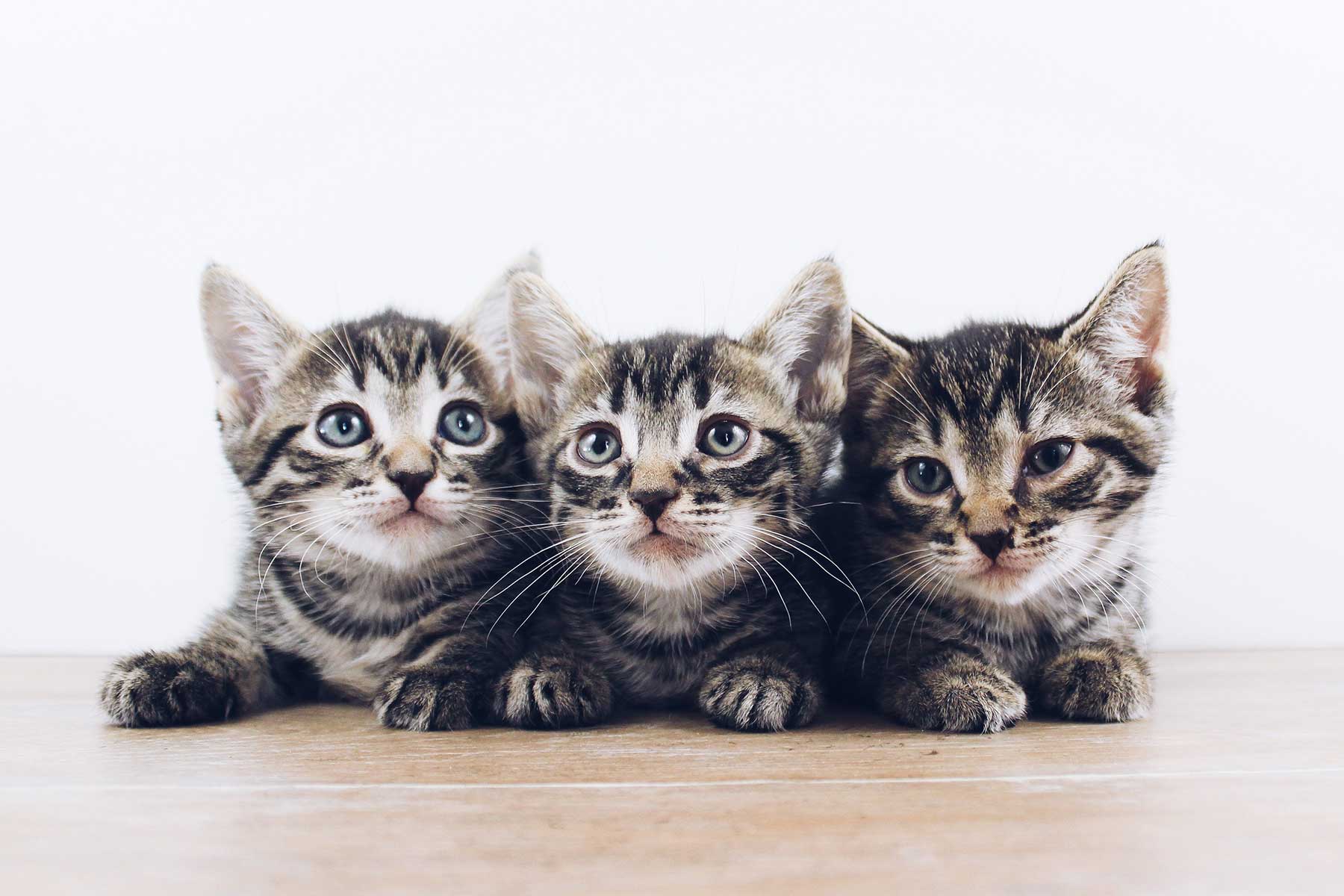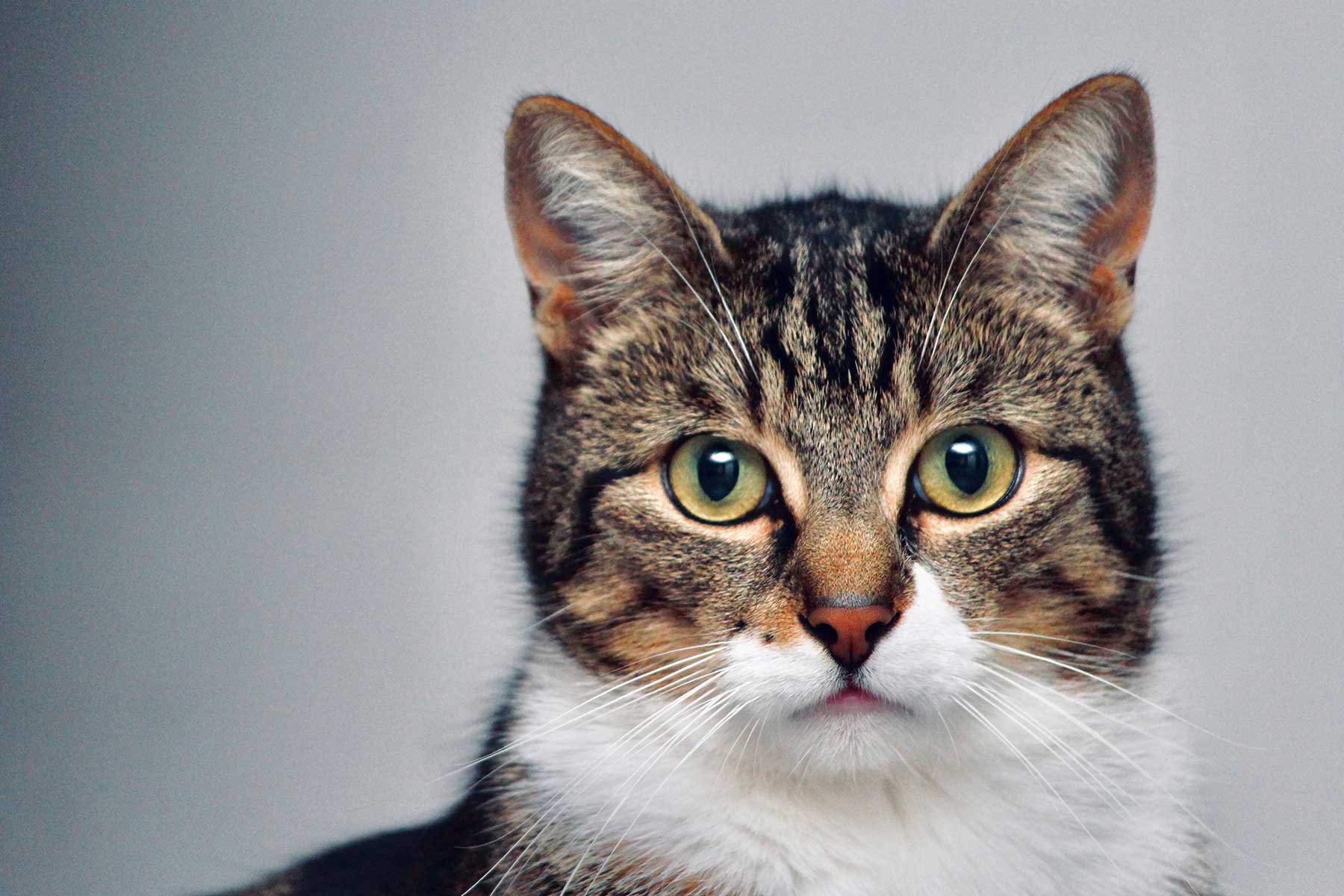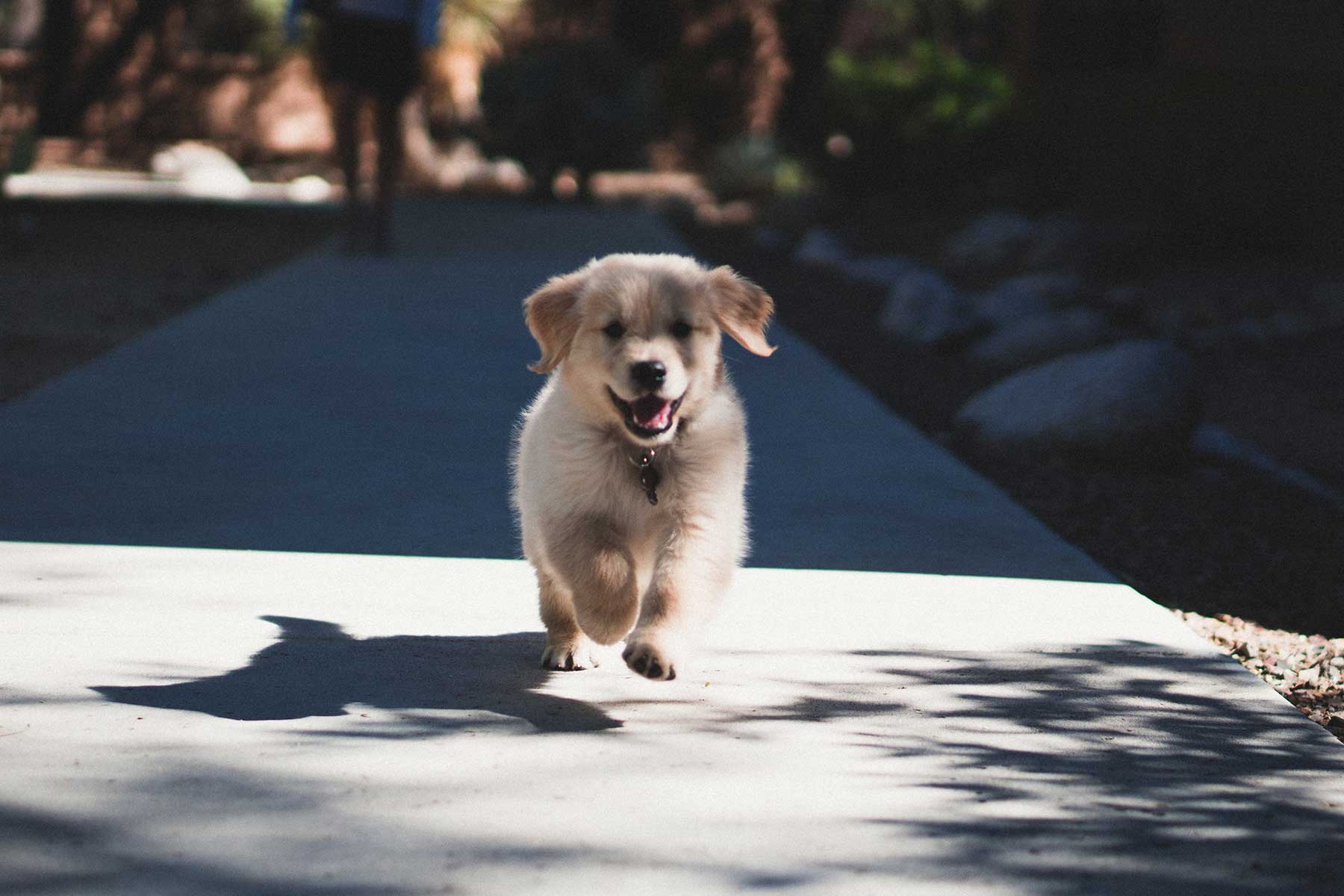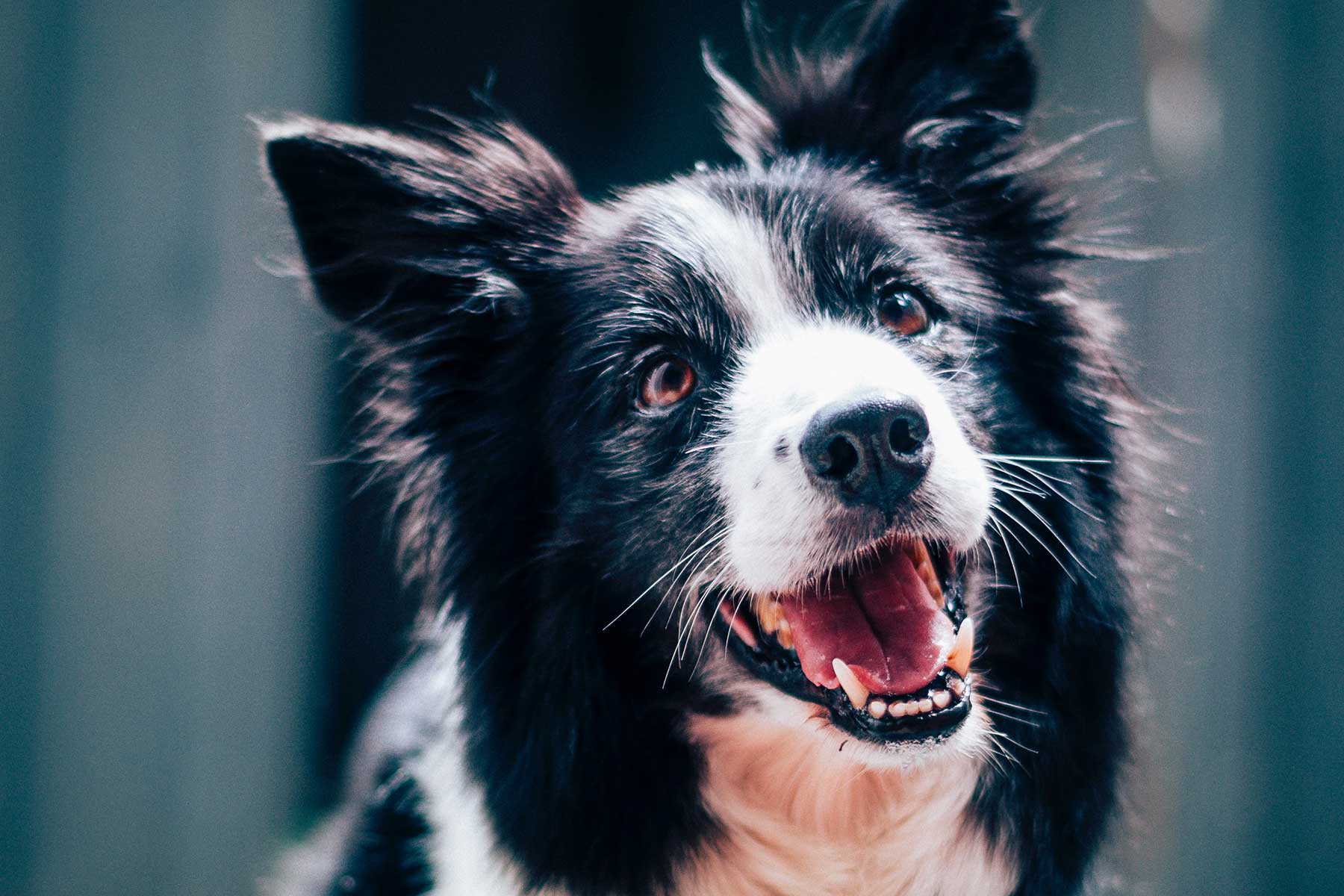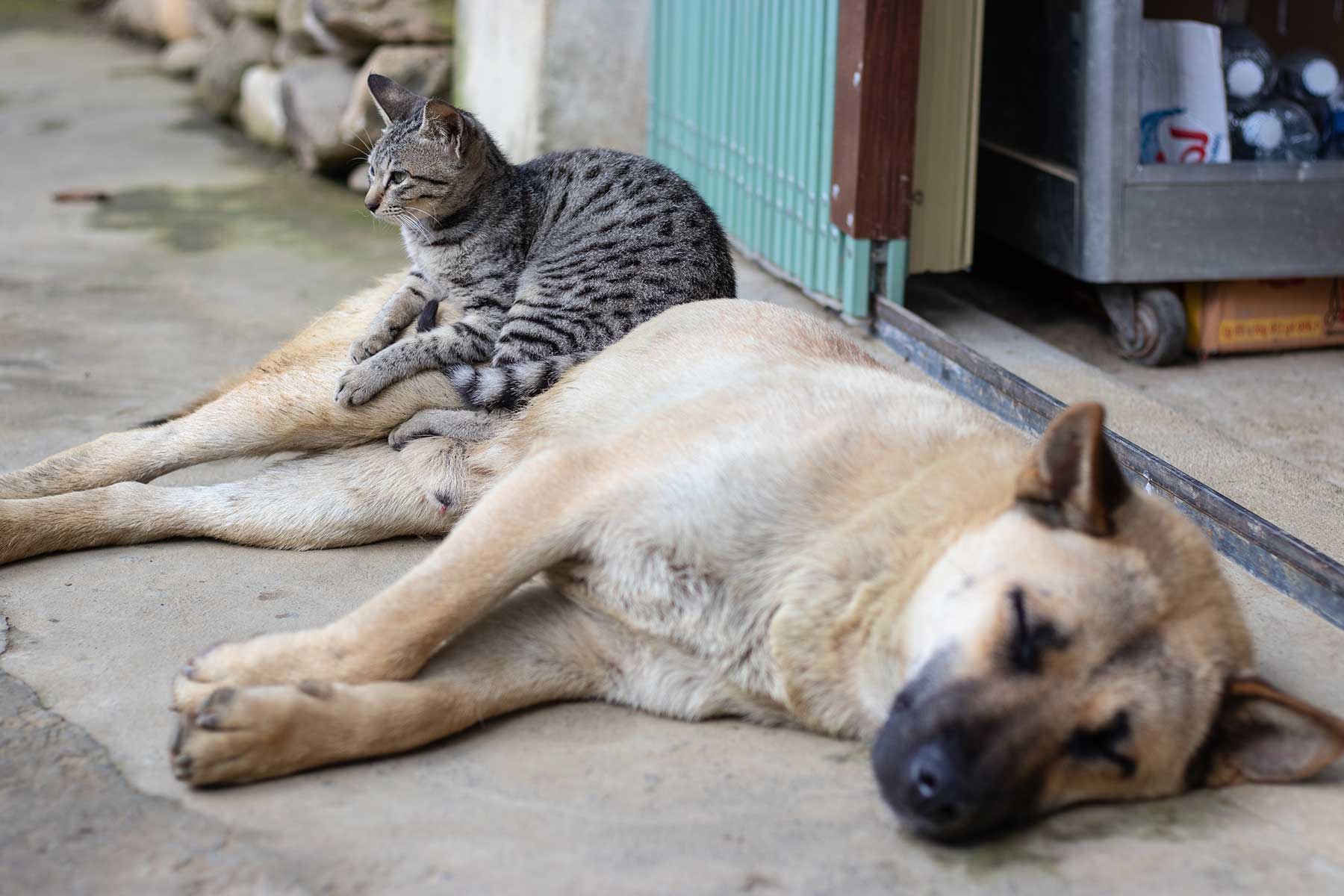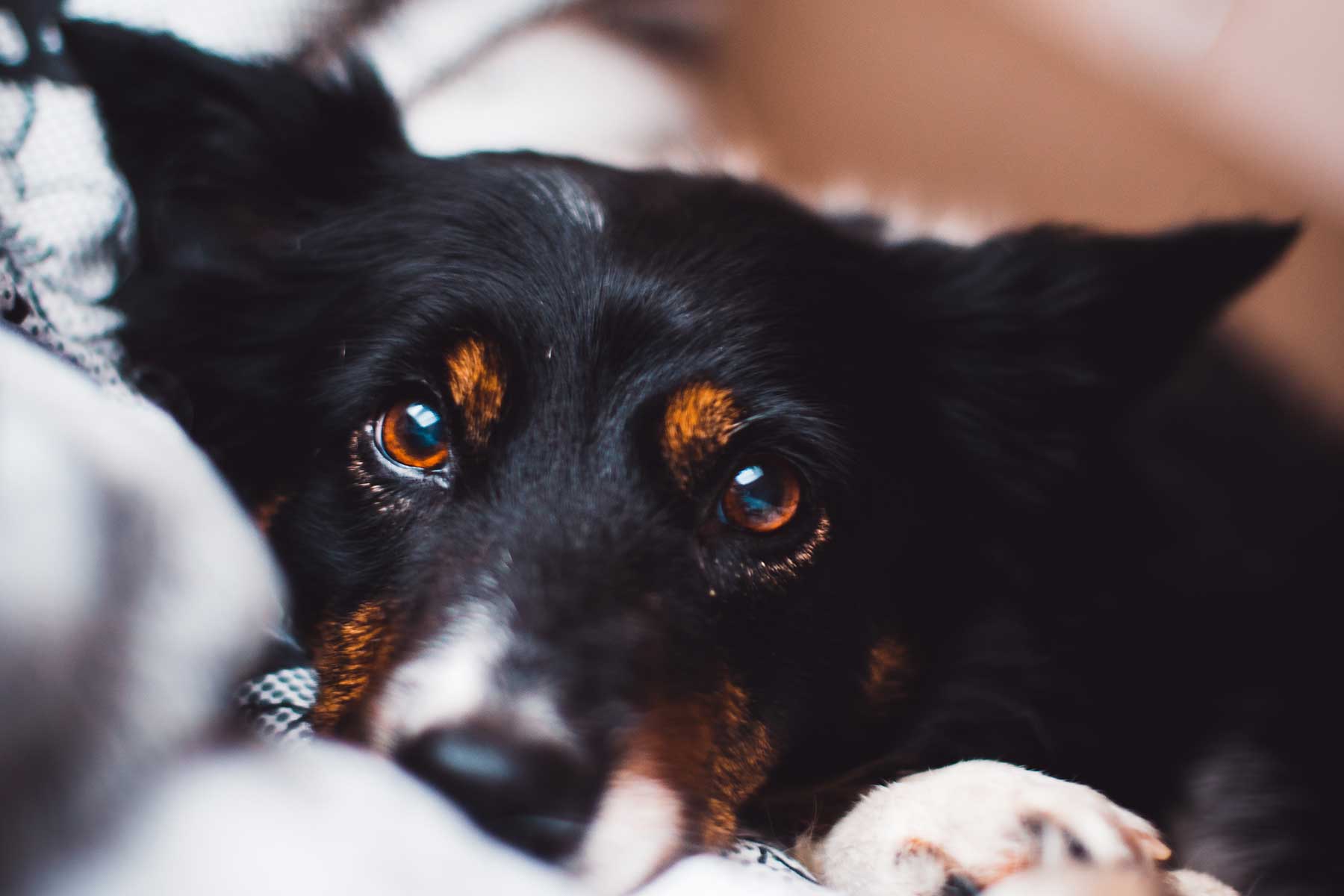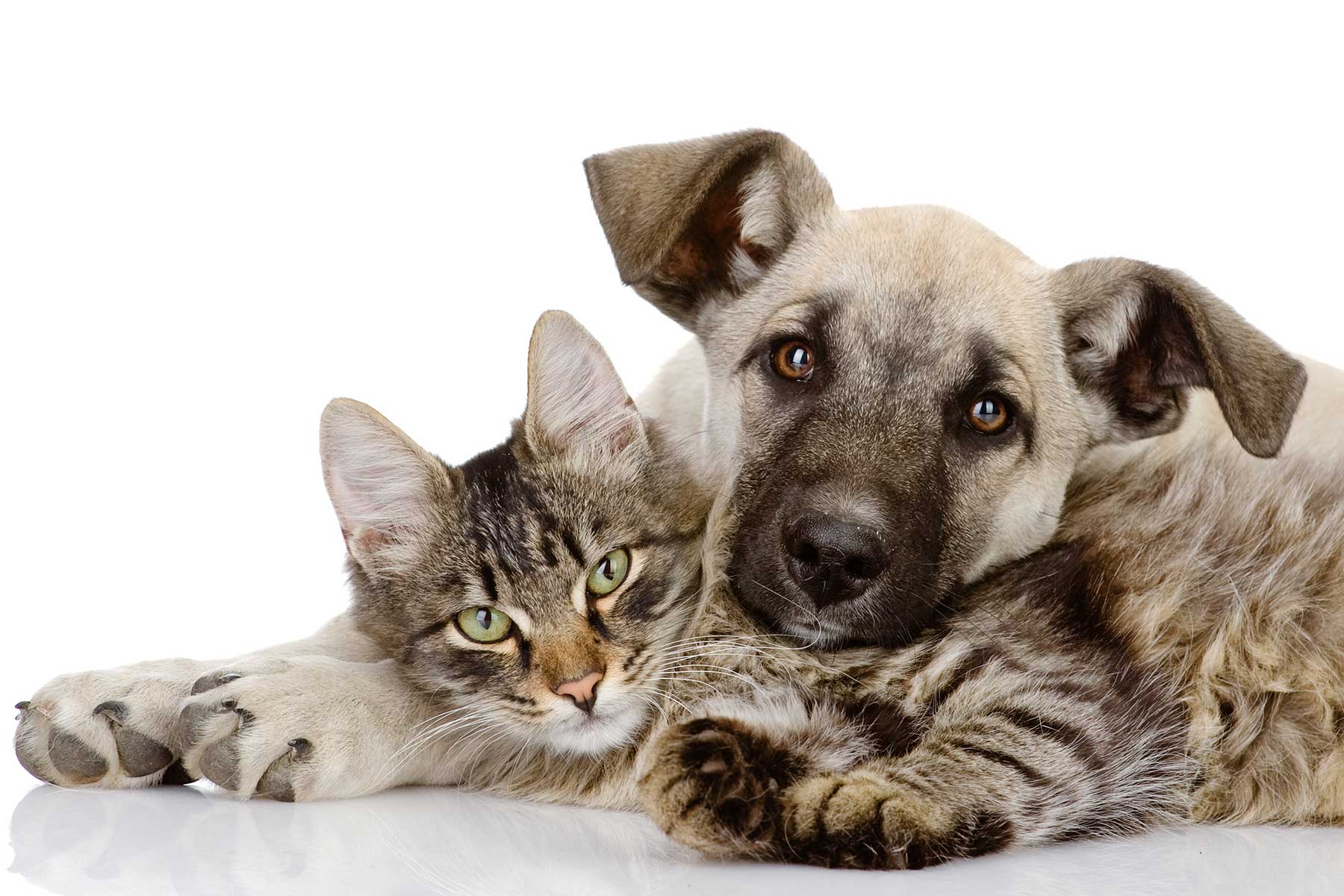With so many brands and types of cat food available it can be very difficult to know what meal is the best one for your cat. In recent years there has been a huge amount of research into feline nutrition, resulting in production of diets which provide all your cat’s needs. But what is the best? Home prepared diets, supermarket foods or premium pet foods?
Cats have evolved as strict carnivores in a desert environment, eating small mammals and birds. In the natural situation cats eat the entire body of their prey, so it is not surprising that meat alone (muscle) doesn’t provide everything that your cat needs. Cats have some unique dietary requirements, needing high concentrations of animal proteins and animal fats and certain amino acids, fatty acids and vitamins or animal origin that other species, such as dogs and humans, can manufacture from nutrients of plant origin.
Cats cannot live on dog food and cannot be vegetarians. In recent years there has been a huge amount of research into feline nutrition, resulting in production of diets which provide all your cat’s needs.
Home-prepared diets
Home-prepared diets can be very palatable depending on the ingredients used, but are usually not nutritionally complete, with the calcium/phosphorus balance, amino acid content and vitamin, mineral and fatty acid levels being particular problem areas. Dietary imbalances can result in serious health problems, for example bone disease in kittens eating a fresh meat only diet, blindness, heart disease and infertility in cats fed diets deficient in certain amino acids, deformity of the skeleton in cats fed too much liver and poor skin and coat condition in cats eating diets deficient in fatty acids.
Supermarket cat foods
Veterinary recommended premium cat foods are quality cat foods available from veterinary clinics and some pet food stores. They are available in formulations to suit cats of all ages and activity levels, such as kitten, adult and low calorie, in both tinned and dried varieties.
These foods have the following advantages:-
- Protein levels are elevated and proteins are of animal origin. All protein is of a high biological value, which means that the balance of amino acids matches the needs of your cat. Such quality proteins include chicken, egg and fish, but not dairy products which cause diarrhoea in some cats, or soybean products which do not contain all the amino acids your cat needs and can interfere with digestion of other nutrients.
- Chicken fat is added, a concentrated source of energy and a rich source of arachidonic acid, a specific fatty acid requirement of cats which is not present in vegetable fats and is also deficient in some animal fats.
- These diets are highly digestible, resulting in a smaller volume of stools with less smell, especially important with recent concerns regarding environmental contamination with cat faeces.
- These diets have a fixed, specific ingredient list. Each batch of food is the same as the previous one.
- The quality meat protein in these diets allows cats to maintain an acidic urine and the level of magnesium is optimal, both factors important in avoiding some forms of cystitis and bladder stones.
- The fibre provides a blend of soluble and insoluble fibre which promotes the health of the “good bacteria” in the bowel. These bacteria prevent invasion of the bowel by harmful bacteria and produce acids which make the cells lining the bowel healthier.
- No artificial colours or flavour enhancers are added.
- They are highly palatable which means less waste through uneaten food.
Do they cost more?
Your first impression may be that these premium diets are expensive compared with supermarket brands. However, because of their high digestibility and high caloric density, your cat needs less of these foods to meet its nutritional needs. When this is taken into consideration and a cost per day is calculated, they compare favourably, especially when the quality of the ingredients and the consequent benefits listed previously are considered.
In addition to the above diets cats be fed raw chicken wings once or twice weekly to keep teeth and gums healthy. Cats should never be given cooked bones.
Special diets for special needs
By virtue of their quality ingredients, premium cat foods have been found to be beneficial in a number of diseases, such as dietary intolerances, food allergies and urinary tract, intestinal and skin disorders. However, even more specialised diets have been produced to aid in the treatment of specific conditions. Your veterinarian can advise you on the best diet if your cat has a particular problem. Special diets are available for the following conditions:-
- Food allergies and intolerances
- Obesity
- Reduced kidney function
- Inflammatory bowel disease
- Enteritis
- Colitis
- Liver disease
- Cystitis and bladder stones
- Convalescence after illness, injury or surgery
- High energy needs, e.g. lactation
How much should I feed my cat?
This depends on a number of factors such as the size of your cat and the amount of activity they receive as well as the type of food your pet is given. The best way to determine how much to feed your cat or kitten is to ask one of our healthcare team members for advice. If your pet is overweight we also provide a comprehensive weight loss clinic to manage healthy weight loss. Please do not hesitate to ask us for more information.


